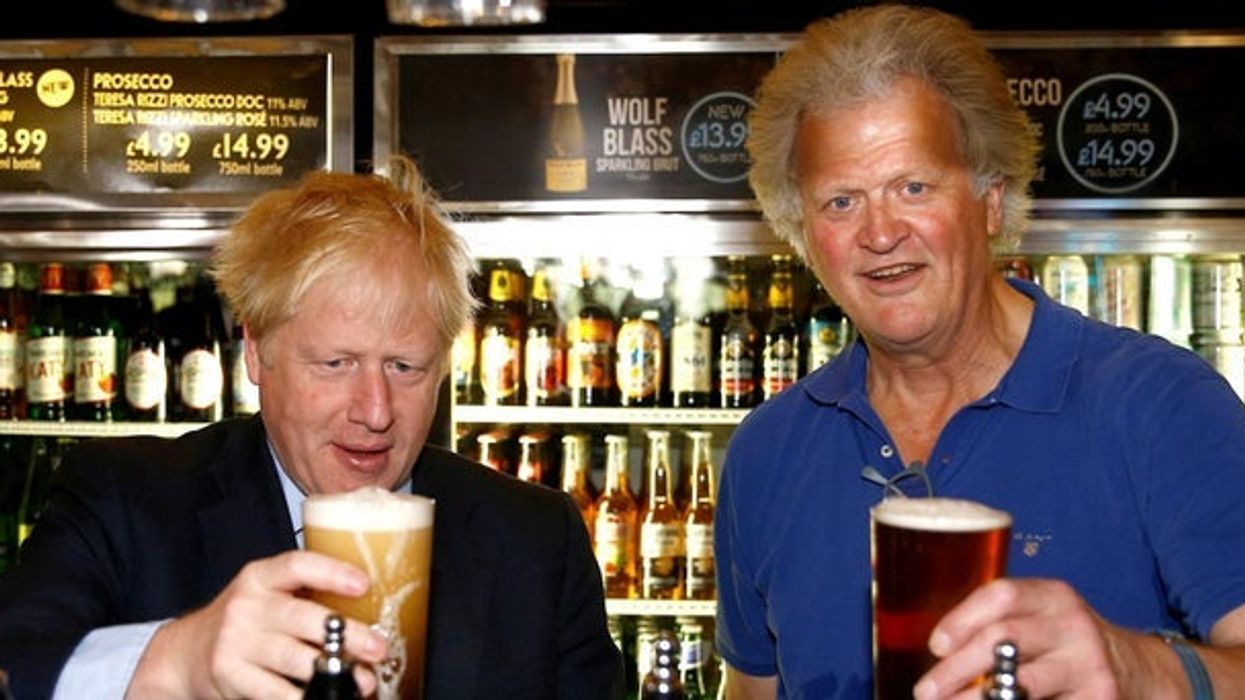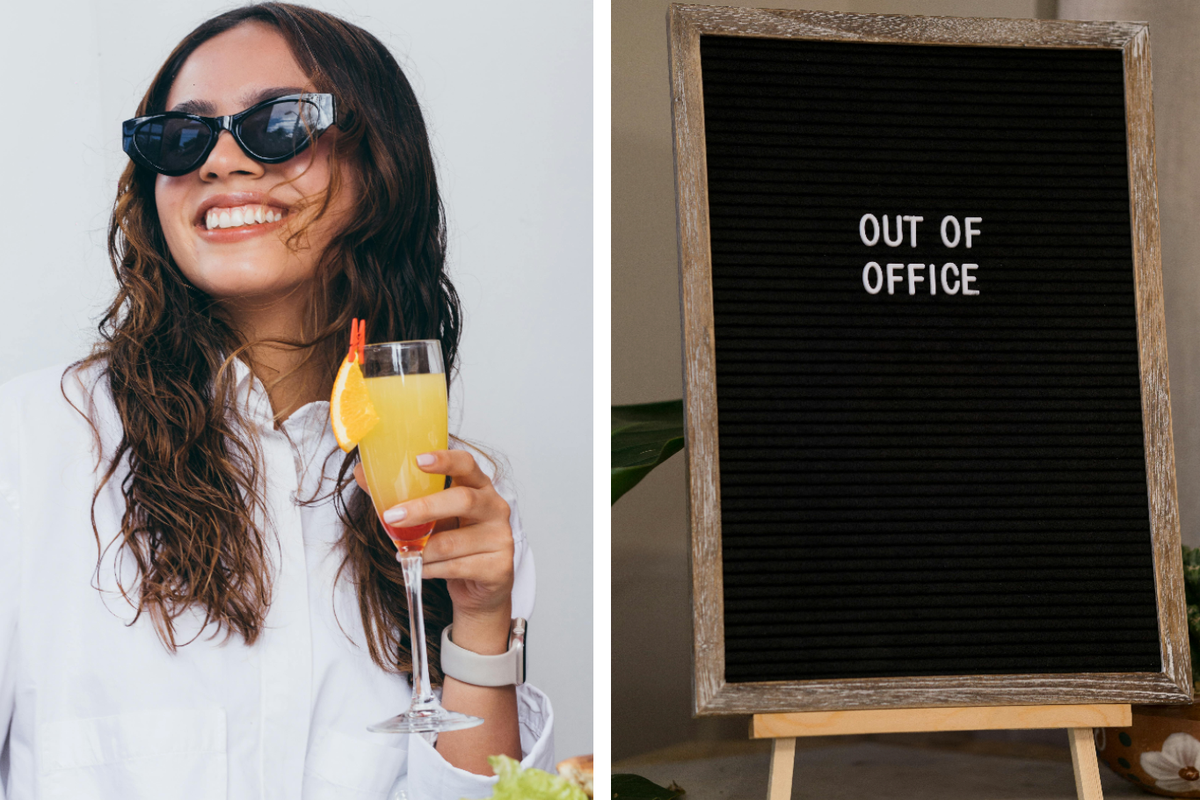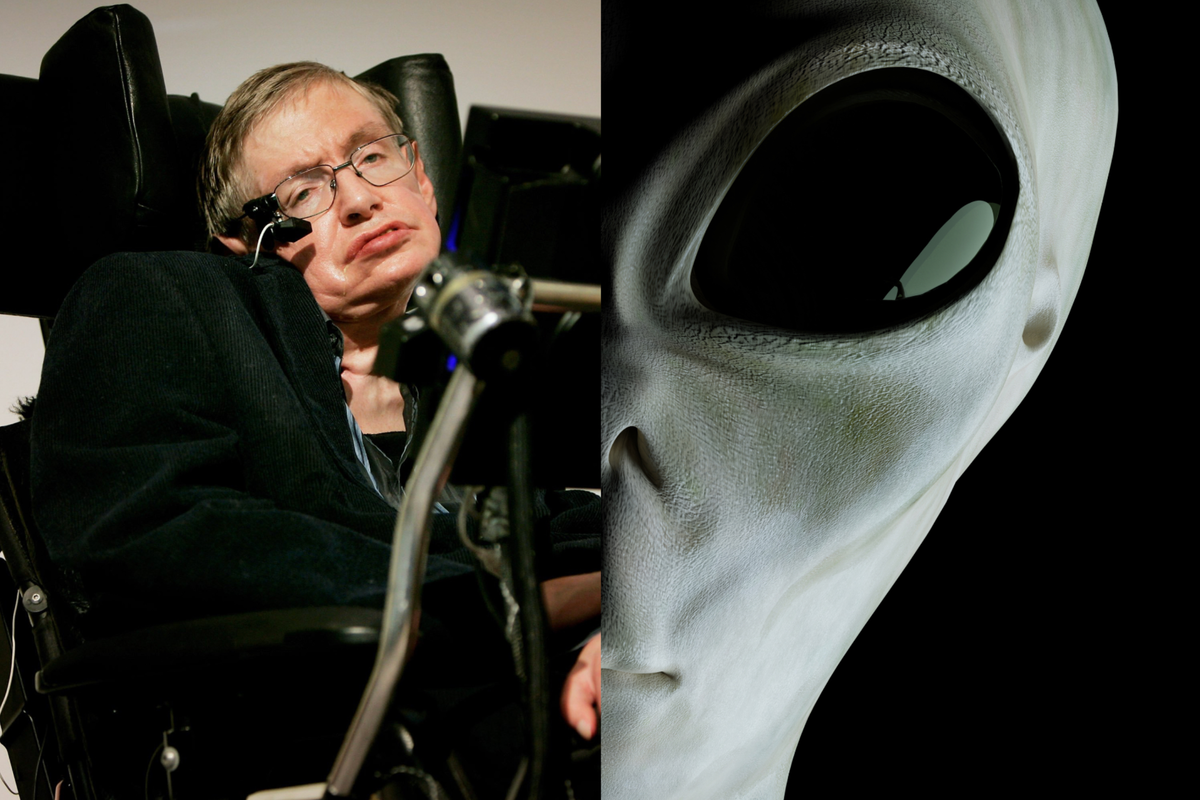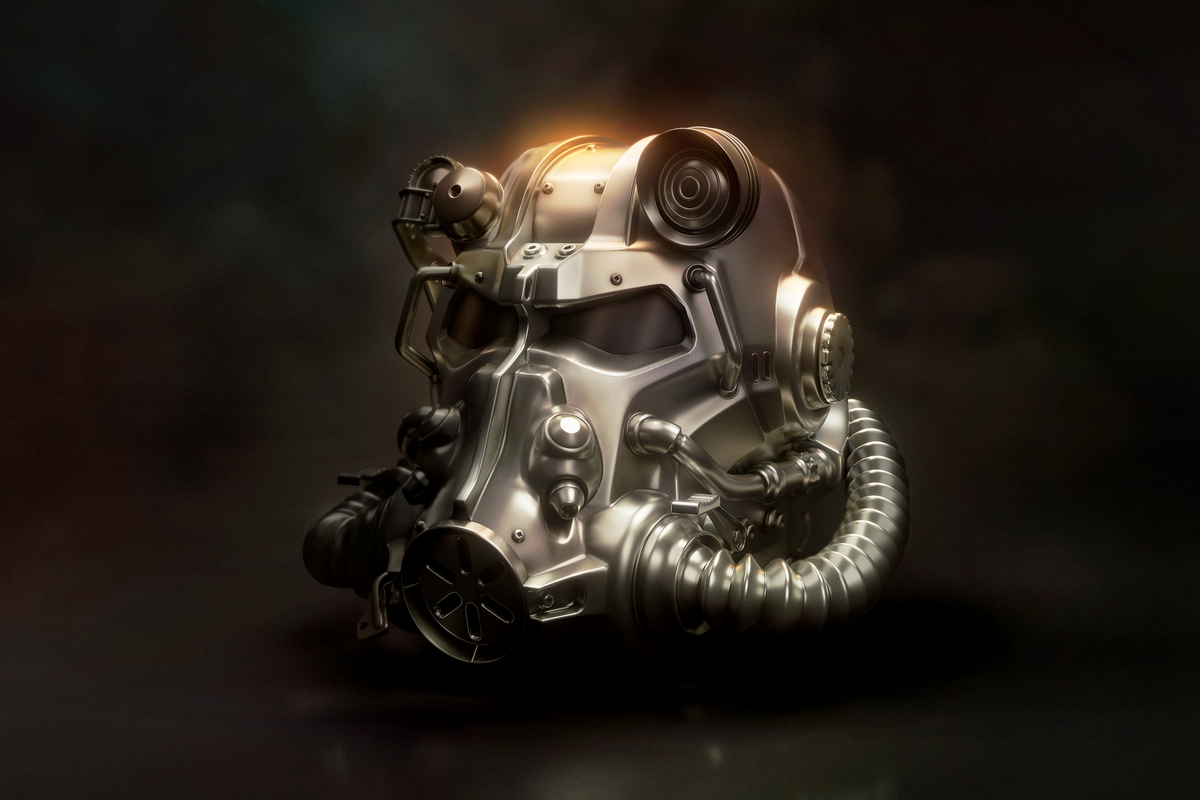
You've probably heard by now that, as of 6am today, pubs are open again in England. In fact, maybe you're reading this in the pub (or in the socially distanced queue for a pint?)
It's not just pubs that are reopening today: so are libraries, cinemas, hotels, campsites and, um, model villages. But unsurprisingly, those have grabbed fewer headlines and celebratory social media posts.
While I'm glad that we're reconnecting with the people and places that bring us joy (although, like many, I fear it's coming too soon), the past few months have provided me with a welcome relief from Britain's obsession with pubs.
If we're honest with ourselves, the very the word "pub" hides a multitude of sins.
The word evokes a cosy, fantasy-esque scene in our minds, with groups of friends laughing and talking, like the Three Broomsticks in Harry Potter or the Prancing Pony in the Lord of the Rings. But in reality, such snug idylls are few and far between, particularly in cities. What you're much more likely to be faced with is sticky floors, microwaved food, thumping music and people screeching over it at each other in an attempt to be heard.
Good pubs still exist, obviously. But far too often a trip to the pub has meant squeezing six or seven people around a four person table then paying more for a round of drinks than I'd spend on a bottle of wine.
Part of the problem is that commercialisation drives this soullessness, and it's only on the increase.
More than a quarter of pubs in the UK are now owned by JD Wetherspoon, Mitchells & Butlers, Greene King and the Stonegate Pub Company. And in spite of criticisms of its founder Tim Martin, who is alleged to have refused to pay his workers ahead of the government furlough scheme and who said it was "over the top" to shut pubs during the pandemic, Wetherspoons is still the largest pub chain in Britain, reportedly leaping up £44m in value after the 2019 general election.
But aside from the fact that too many pubs are now basically just sticky student bars (that's fine! Just call a bar a bar!), going to the pub isn't, by any stretch, an inclusive social activity.
Our obsession with pubs is not particularly fun for the people who don't drink because they're recovering from addiction, or for the people who abstain from alcohol because of their religion. In fact, there's 10.4 million adults in the UK who don't drink, for a multitude of reasons.
Your cheery "oh just come along, you don't have to drink!" might be well meaning. But people who don't drink will still constantly be asked 'why not' and 'won't they just have one' by the people who cannot fathom a world without £15 cocktails.
Drinking is not the right pastime for everyone. So why do we treat it like it is?
Going to the pub is all too often the default option any time friends or co-workers get together whether they're celebrating or commiserating. This is something I have particularly noticed in London, a city where there are more pubs than theatres and cinemas put together. Then there's the whole culture of buying rounds, trapping you into making a choice between drinking more than you want to or paying for other people's drinks with no return.
If you do like going to the pub, then that's great — but people who don't shouldn't be made to feel like killjoys when the real issue is that plans have been made that don't include them yet again.
Another problem I have with pubs is their hangover from the days when a pub was essentially a safe space for men.
They were places to drink beer and watch football without the burden of their wife or children demanding any of their precious attention.
Until as recently as the 1970s, many pubs in the UK would relegate women to the lounge area and reserve the bar for men. Women who entered pubs alone or in groups without a male companion were particularly looked down on.
In fact, women could still legally be refused service in pubs in the UK until 1982.
And to this day, several classic pub features still centralise men.
Firstly, and most obviously, there's the fact that beer is still advertised almost exclusively to men. According to YouGov data, only 17 per cent of women drink beer at least once a week, compared with 53 per cent of men.
In fact, studies show women are less likely to order beer in public places like pubs, but more likely to drink it at home, because of the connotations that come with drinking it in public. So at pubs many women feel forced to choose between a sickly sweet tap cider or a much more expensive cocktail, glass of wine, or whatever else they have in those intriguing little mini-fridges behind the bar you have to stand on your tiptoes to see.
And I can't tell you, by the way, how many times I've stood at a crowded bar, card planted firmly on it (queues exist everywhere in Britain except pubs, apparently) and been overlooked until just about every man waiting has been served.
Most pubs also exclusively play men's sports, further feeding into the feeling that women are sort of guests rather than wholly welcome. This is something that will hopefully continue to improve as women's sports gain supporters: I was able to watch the women's world cup final in a pub last year, thankfully.
Of course beer, sports and indeed pubs aren't inherently male.
But we need to start letting go of the culture, fuelled by advertising, that insists they are and pubs often enable this.
Similarly, women are in no way disbarred from darts, pool, snooker or pub quizzes but we all know who's dominating them. I've literally had a man lift a snooker cue out of my hands in a pub to show me how to "hold it properly".
I'm not the only one who feels this way: 1 in 5 women feel "left out'" in pubs because of their gender, and more than a third feel that pubs are 'male-orientated in a negative way', according to a survey by pub magazine The Morning Advertiser. Sexist and intimidating behaviour were cited as some of the major issues.
If women feel unsafe or alienated in pubs, what social and networking opportunities might we miss out on? This is likely what compelled former Labour leader Jeremy Corbyn to criticise the culture of after work drinks that excludes women.
And there's also the sexism and harassment that women working in pubs have to often put up with, or the low-paid and exploitative working conditions in the hospitality industry that studies confirm impact women more.
Cisgender women aren't the only people who feel left out or intimated in male-centred spaces, either. LGBTQ+ people didn't exactly develop their own nightlife scene because they felt so and able to be themselves in mainstream venues.
So let pubs reopen if they absolutely must, but let's take this opportunity to stop treating them like they're the default location for every social function.












